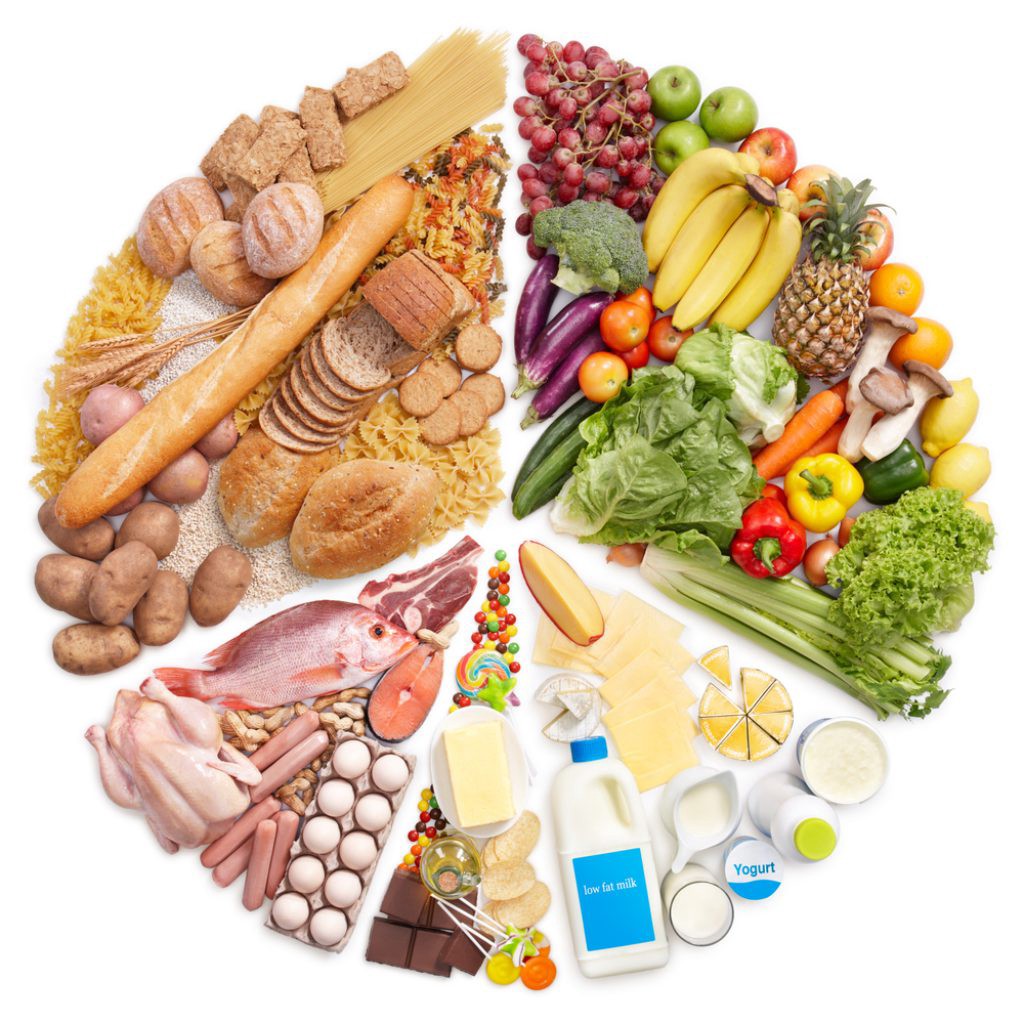Maintaining good health is essential for a happy, productive, and fulfilling life. In the current rapid-paced environment, it is simple to neglect essential elements of a healthy lifestyle. This article outlines the essential elements one should focus on to achieve and maintain good health, along with the benefits of each.

- Balanced Diet
What It Means:
A balanced diet provides the body with essential nutrients: carbohydrates, proteins, fats, vitamins, and minerals in the right proportions.
Tips:
Eat a variety of fruits and vegetables.
Choose whole grains over refined ones.
Include lean protein sources like legumes, fish, eggs, and poultry.
Limit sugar, salt, and saturated fats.
Benefits:
Supports immune system function.
Maintains healthy weight.
Reduces risk of chronic diseases like diabetes, heart disease, and cancer.
mproves energy and mood.
- Regular Physical Activity
What It Means:
Engaging in moderate to vigorous physical activity for at least 30 minutes most days of the week.
Tips:
Incorporate walking, cycling, swimming, or jogging into your routine.
Include strength training exercises 2–3 times a week.
Take breaks from sitting during long work hours.
Benefits:
Enhances cardiovascular health.
Builds strong bones and muscles.
Boosts mental health and reduces stress.
Aids in weight management.
- Adequate Sleep
What It Means:
It is recommended that adults seek to achieve 7 to 9 hours of high-quality sleep on a nightly basis.
Tips:
Maintain a consistent sleep schedule.
Avoid screens an hour before bed.
Keep your bedroom dark, quiet, and cool.
Benefits:
Promotes emotional stability.
Improves memory and cognitive function.
Strengthens immune function.
Supports healthy metabolism and weight control.
- Hydration
What It Means:
Drinking enough water to support all bodily functions, generally 2–3 liters per day depending on activity and climate.
Tips:
Start your day with a glass of water.
Carry a reusable water bottle.
Eat water-rich foods like cucumber and watermelon.
Benefits:
Keeps organs functioning properly.
Helps regulate body temperature.
Prevents fatigue and headaches.
Supports digestion and detoxification.
- Mental Well-being
What It Means:
Maintaining emotional and psychological balance.
Tips:
Practice mindfulness or meditation.
Talk to a trusted friend or counselor when stressed.
Engage in hobbies and activities you enjoy.
Avoid excessive use of social media and news.
Benefits:
Enhances overall quality of life.
Improves focus and productivity.
Reduces risk of anxiety and depression.
Encourages positive relationships.
- Avoiding Harmful Habits
What It Means:
Steering clear of behaviors that can harm your health.
Tips:
Avoid smoking and limit alcohol intake.
Say no to recreational drug use.
Practice safe sex.
Get regular medical check-ups and screenings.
Benefits:
Decreases risk of chronic illness.
Promotes longevity.
Enhances physical and mental clarity.
Improves overall well-being.
- Good Hygiene Practices
What It Means:
Keeping your body, clothing, and surroundings clean to prevent infections and diseases.
Tips:
Wash hands frequently.
Brush and floss your teeth daily.
Bathe regularly.
Keep your home clean and clutter-free.
Benefits:
Prevents illness and infections.
Boosts self-esteem and confidence.
Supports community and public health.

Conclusion
Good health is a lifelong journey that involves conscious, consistent efforts. By taking care of your diet, staying active, getting enough sleep, staying hydrated, and nurturing your mental well-being, you set the foundation for a better, longer, and more fulfilling life. The benefits go beyond just avoiding illness—they contribute to your ability to enjoy life, connect with others, and pursue your goals with energy and resilience.